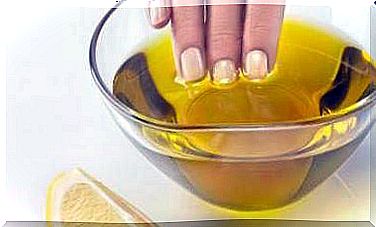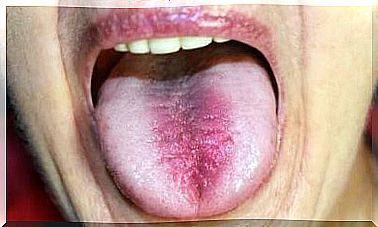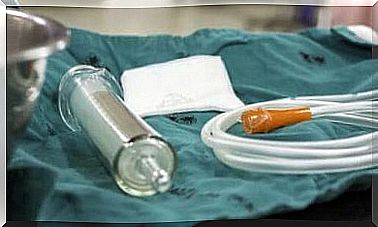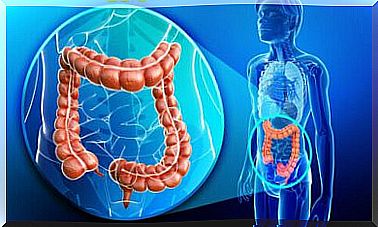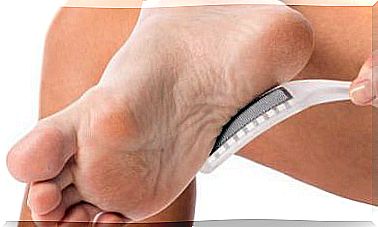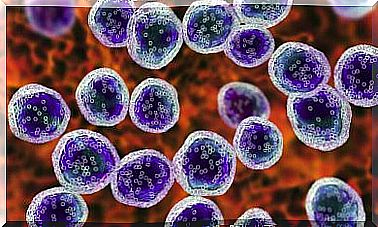Vitamin B12: Everything You Need To Know
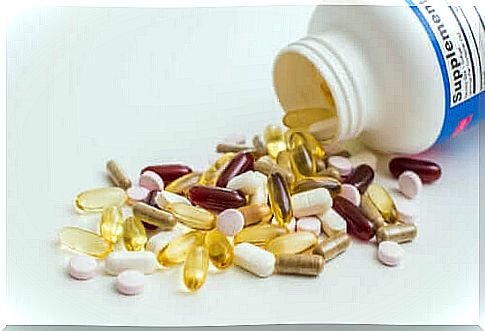
All About Vitamin B12
Vitamin B12 is a water soluble vitamin which has a vital role in red blood cell formation, cell metabolism, nerve function and production of DNA. Also, cobalamin helps prevent megaloblastic anemia.
1. Recommended daily dose
The amount of vitamin B12 you should take will depend on your age. Thus, babies should ingest between 0.4 and 0.5 mcg during the first year of life and 0.9 mcg up to 3 years.
The recommended dose for children is 1.2 mcg up to 8 years old, 1.8 mcg up to 13 years old and 2.4 mcg up to 18 years old. After that age, the dose remains stable.
Pregnant or lactating women should ingest 2.6 and 2.8 mcg, respectively.
2. How is the absorption

When you eat foods rich in vitamin B12, stomach acid separates this vitamin from the protein to which it is attached. Then cobalamin combines with intrinsic factor (a stomach protein) to be absorbed.
People who for some reason do not produce intrinsic factor (for example, people with pernicious anemia) often have problems absorbing this nutrient.
This is the main cause of vitamin B12 deficiency. If there are no absorption problems, the incidence of its deficiency is usually minimal, as the body has the capacity to store it in large doses for later use, even over a period of a few years.
Although it is difficult to be deficient in this vitamin, it is not impossible. People who have developed it have symptoms such as:
- Needling sensation in hands and feet.
- Movement problems due to peripheral nerve damage caused by this deficiency.
- Pale or yellowish skin.
- Extreme fatigue related to pernicious anemia.
- Accelerated heartbeat.
- Shortness of breathe.
3. Benefits of Cobalamin
At the beginning of this article, we mentioned that this vitamin is essential for the body’s development, highlighting its main functions. Now, let’s see what its most important benefits are:
- It can lower the risk of heart disease.
- Helps lower the risk of birth defects.
- Prevents megaloblastic anemia by ensuring correct red blood cell formation.
- Improves the mood. One survey found an improvement in people who had depression when combining medication with a vitamin B12 supplement.
- Improves memory.
- Contributes to hair and nail growth, in addition to promoting skin health. This is due to their work at the cellular production level.
4. Foods rich in vitamin B12
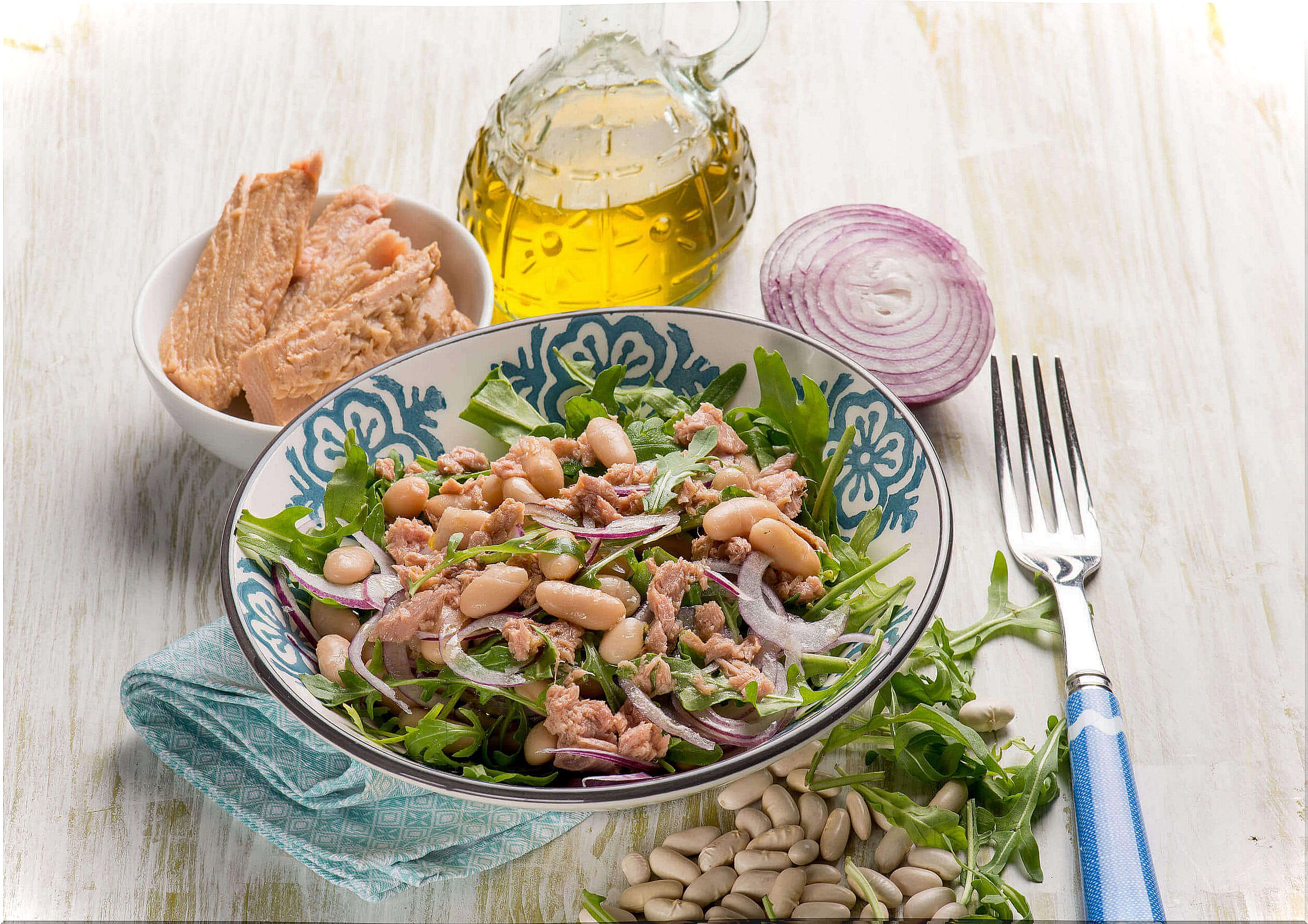
This vitamin is present in different foods, mainly of animal origin. For this reason, people who follow a vegan or vegetarian diet may develop a deficiency. Among the main foods that contain colcobalamin, we find:
- Liver and kidney: these are the two cuts that contain the highest amount of vitamin B12, especially lamb. Lamb liver provides 990% of the recommended daily allowance per 100 grams.
- : In addition to providing vitamin B12, they also contain antioxidants and proteins.
- Sardines: each 150 grams contains twice the recommended dose of vitamin B12 .
- Fortified cereal : Choose cereal fortified with this vitamin. Check the label before buying!
- Tuna: 100 grams of tuna contain 160% of the required dose.
- Salmon: 180 grams of salmon provides 80% of the recommended serving.
Pay attention to your vitamin B12 intake
